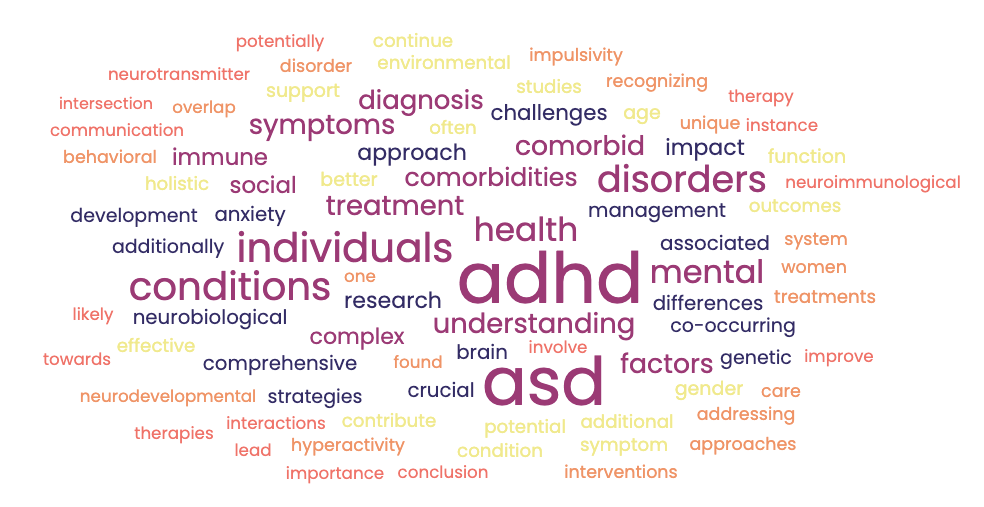Probiotics are a hot topic in today’s news, but what are they? How do they work? Why are people taking them? And are they safe?
Let’s start with the basics. Your digestive system is designed to break down the foods you eat in to nutrients that your body needs. You eat an apple, which is mostly fiber and sugar. Your saliva breaks down some of the complex sugars and your chewing creates a ball of food that wakes your gut up to start digestion. The acid in your stomach helps get that ball of food ready for digestion and absorption in your intestines. Once the food is in your intestines, it is broken down in to very simple sugars that are absorbed and used by the body. The fiber from the apple remains in your intestines, drawing water in and providing food for healthy bacteria that live in our intestines. These good bacteria break some of the fiber down and help keep things moving, making our intestines happy.
Fiber from fresh fruit is an example of a PREbiotic, which means it provides food for bacteria that we want in our intestines. However, not everybody has a healthy gut full of the bugs we love. That is where PRObiotics come in!
Probiotics are the actual healthy bacteria that are available as supplements and in some foods, like yogurt. People take them to promote digestive health. Some of the proposed benefits are:
Reduces constipation
Reduces diarrhea associated with antibiotic use
Can improve eczema, lactose intolerance, Irritable Bowel Syndrome, Crohn’s Disease, Thrush, and dental caries/gum disease
May improve blood cholesterol profile
Can improve immune status
Can provide us with another source of vitamins K, folic acid and B12
Emerging research is also bringing light to relationships between bacteria found in the gut and mental health and/or neurological conditions such as autism, anxiety, depression, and Parkinson’s disease. These links are showing us that our digestive system is an important part of our overall well-being.
For the most part, probiotics are safe, but their effectiveness depends on many factors. Different types help different digestive issues. It takes time for them to work. And you need to create a beneficial environment in your intestines to keep them alive. Consult with a dietitian or physician if you have questions about whether or not probiotics are a good idea for you.






